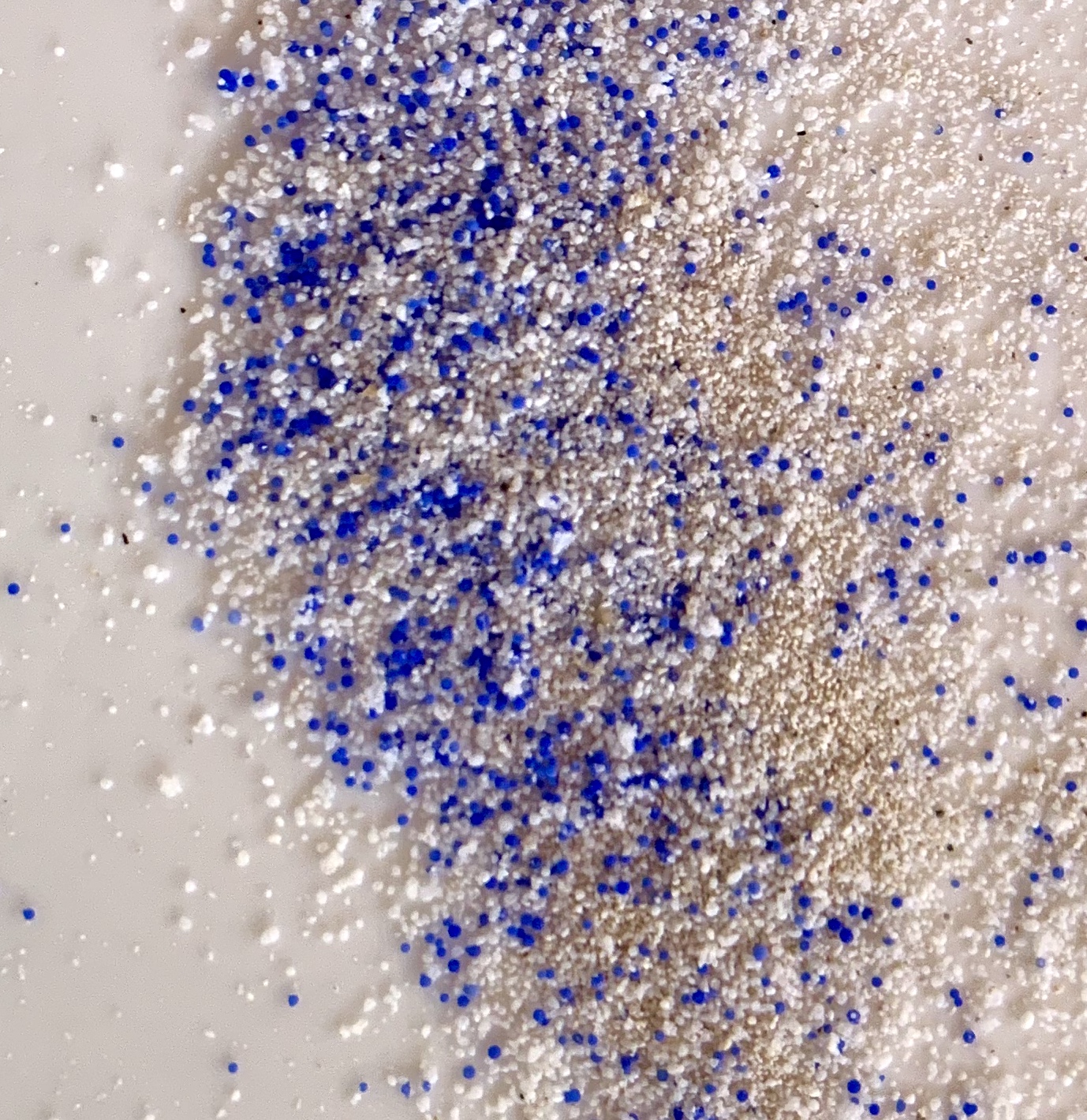Microplastics found in human blood
The new research is published in the journal Environment International and adapted existing techniques to detect and analyse particles as small as 0.0007mm. Some of the blood samples contained two or three types of plastic.
The impact on health is as yet unknown. But researchers are concerned as microplastics cause damage to human cells in the laboratory and air pollution particles are already known to enter the body and cause millions of early deaths a year
Scientists from Vrije Universiteit Amsterdam in the Netherlands analysed blood samples from 22 anonymous donors, all healthy adults and found plastic particles in 17. Half the samples contained PET plastic, which is commonly used in drinks bottles, while a third contained polystyrene, used for packaging food and other products. A quarter of the blood samples contained polyethylene, from which plastic carrier bags are made.
Huge amounts of plastic waste are dumped in the environment and microplastics now contaminate the entire planet: they float on every square kilometer of surface of our seas, they are present in lakes and rivers, soils, glaciers, food, animals and humans are contaminated. Microplastics are everywhere but it is very difficult to quantify the presence of this emerging contaminant, caused by human activities and impossible to remove completely.
Read “The main sources of the problem”
A recent study found that microplastics can latch on to the outer membranes of red blood cells and may limit their ability to transport oxygen. The particles have also been found in the placentas of pregnant women, and in pregnant rats they pass rapidly through the lungs into the hearts, brains and other organs of the foetuses.
“The big question is what is happening in our body?” Prof Dick Vethaak, an ecotoxicologist at the Vrije Universiteit leading the research team, said. “Are the particles retained in the body? Are they transported to certain organs, such as getting past the blood-brain barrier?” And are these levels sufficiently high to trigger disease? We urgently need to fund further research so we can find out.” We urgently need to fund further research to find out.” This study is the first indication that we have polymer particles in our blood “It’s a revolutionary result – said Prof Vethaak – But we need to extend the research and increase the sample size, the number of polymers evaluated, etc. Further studies by different groups are already underway”.
This research was funded by the Dutch National Organisation for Health Research and Development and Common Seas, a social enterprise working to reduce plastic pollution that together with more than 80 NGOs, scientists and parliamentarians, are asking the UK government to allocate £15m to research on the human health impacts of plastic. The EU is already funding research on the impact of microplastic on foetuses and babies, and on the immune system.
“Plastic production is set to double by 2040,” said Jo Royle, founder of Common Seas. “We have a right to know what all this plastic is doing to our bodies.”
SOURCE: The Guardian Microplastics found in human blood for first time

